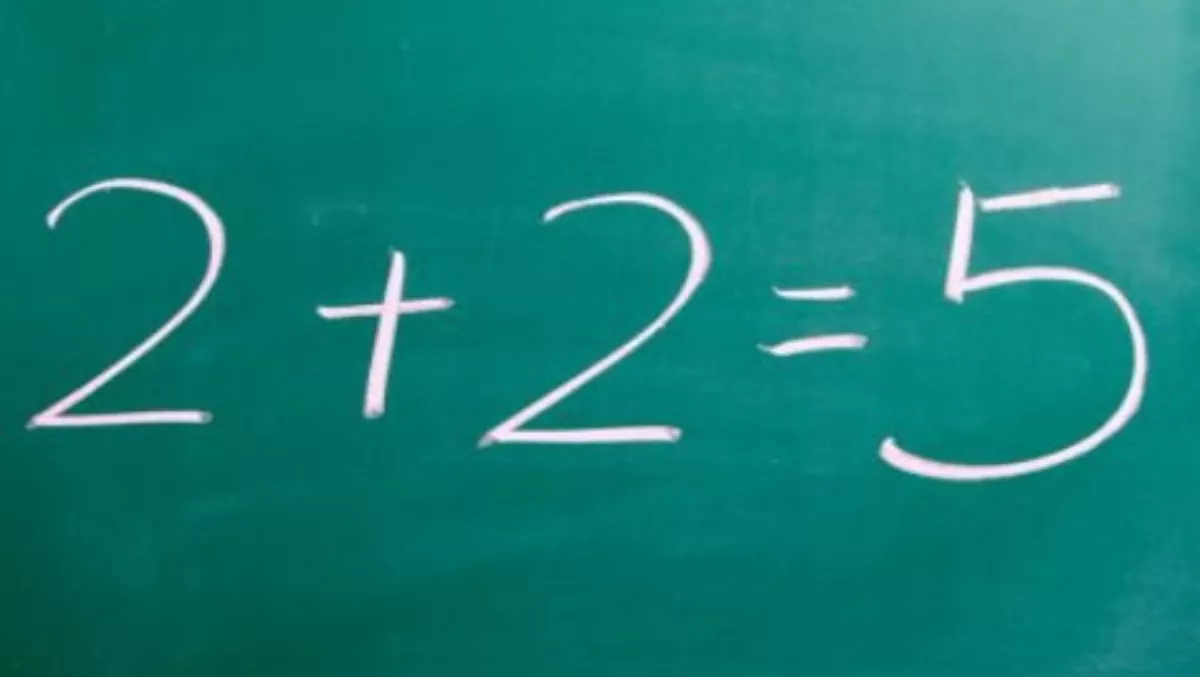
What's more important than tech? Reading and maths skills
Technology can be a useful tool to improve students' learning outcomes and prepare them for the modern world - but it's an empty investment if students don't have basic mathematics and reading skills.
This is the key finding from a new OECD study titled 'Students, Computers and Learning: Making The Connection'.
OECD's first PISA assessment of digital skills, which formed the basis of the study, indicates schools are yet to tackle the digital divide and give every student the skills they need in today's connected world.
The report highlights that while it's important to bolster students' ability to navigate through digital texts, all students first need to be equipped with basic literacy and numeracy skills so they can participate fully in the hyper-connected, digitised societies of the 21st century.
In fact, ensuring every child reaches a baseline level of proficiency in fundamental subjects will do more to create equal opportunities in a digital world and should be the priority, the study shows.
The report found that the gap between advantaged and disadvantaged students in digital reading was very similar to the differences in performance in the traditional PISA reading test.
The study shows counties that have invested heavily in ICT technologies for education have seen no noticeable improvement in student's reading, mathematics or science performance. In fact, the statistics highlight the fact that over-investment in technologies, and a sole focus on high-tech devices and services, could lead to poorer student learning outcomes.
In 2012, 96% of 15 year old students in OECD countries reported having a computer at home, but only 72% reported using one at school.
Overall, students who use computers moderately at school tend to have somewhat better learning outcomes than students who use computers rarely.
However, students who use computers very frequently at school do much worse, even after accounting for social background and student demographics, the study shows.
"School systems need to find more effective ways to integrate technology into teaching and learning, to provide educators with learning environments that support 21st century pedagogies and provide children with the 21st century skills they need to succeed in tomorrow's world," says Andreas Schleicher, OECD director for education and skills.
"Technology is the only way to dramatically expand access to knowledge. To deliver on the promises technology holds, countries need to invest more effectively and ensure that teachers are at the forefront of designing and implementing this change," he says.
To assess digital skills, the PISA test required students in 31 countries and economies to use a keyboard and mouse to navigate texts by using tools like hyperlinks, browser button or scrolling, in order to access information, as well as make a chart from data or use on-screen calculators.
Top performers were Singapore, Korea, Hong Kong-China, Japan, Canada and Shanghai-China. This reflects closely their performances in the print-reading test, suggesting that many of the skills essential for online navigation can also be taught and learned using standard, analogue reading techniques.
However, the report reveals striking differences. Students in Korea and Singapore perform significantly better online than students in other countries with similar performance in print reading, as do students in Australia, Canada, Hong Kong-China, Japan and the United States.
In contrast, students in Poland and Shanghai-China - both strong performers in print reading - do less well transferring their print-reading skills to an online environment.
Students exposure to computers at schools varies widely between countries, says OECD. However, the use of computers does not seem to be a prominent factor in explaining the variation in student performance in mathematics, reading or science.
Most countries that invested heavily in education related IT equipment did not witness and appreciable improvement in student achievement over the past 10 years, says OECD.
In New Zealand, the average number of 15 year old students per school computers was 1.2, while the percentage of students using computers was 86.4%, and the average performance in mathematics was 500 PISA points.
More information on the Students, Computers and Learning report can be found on the OECD website.


